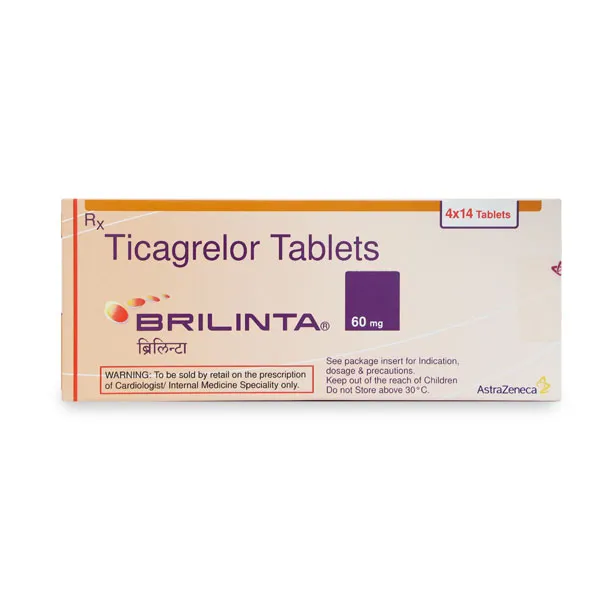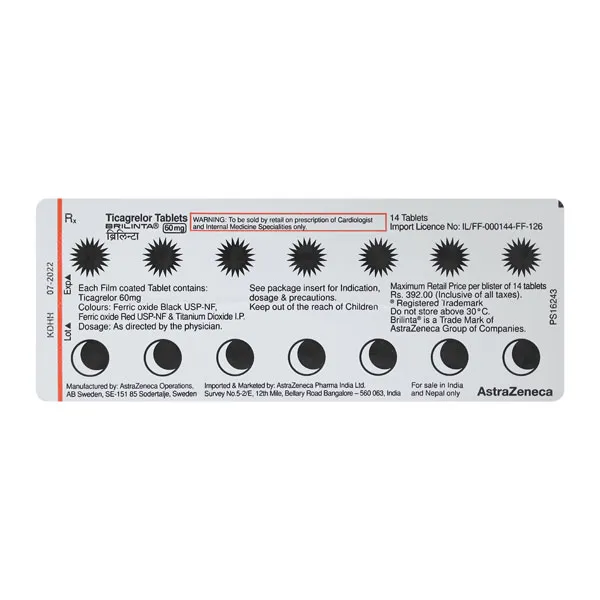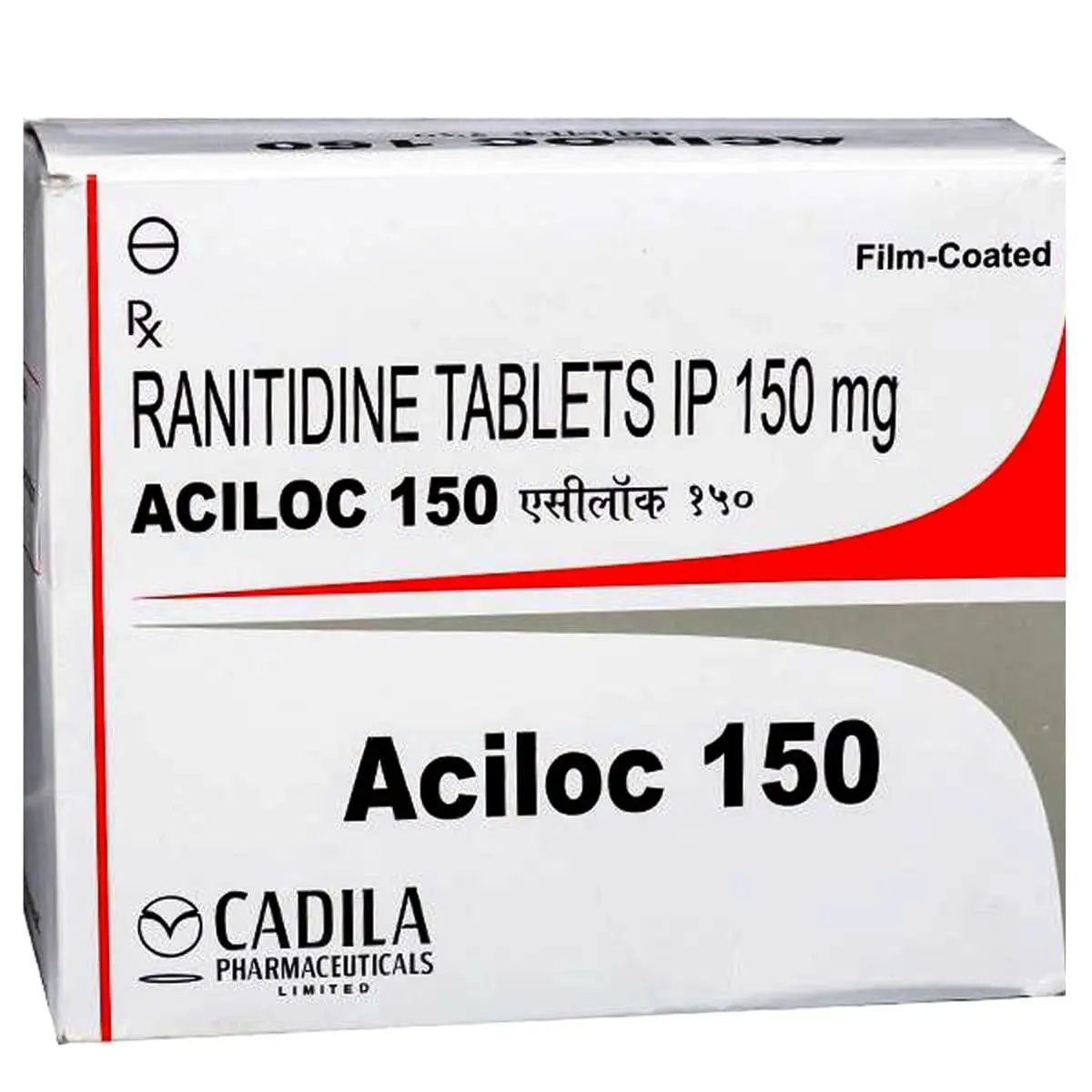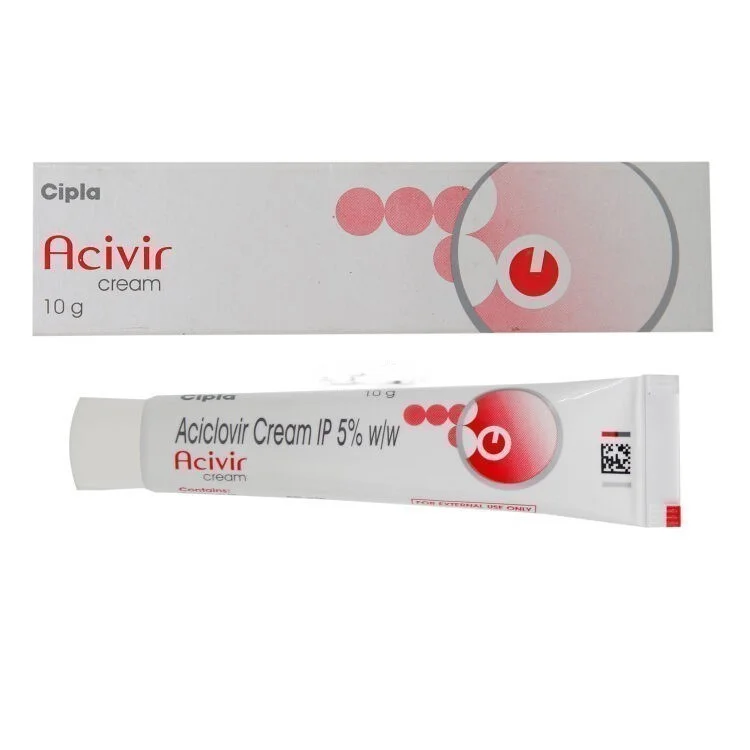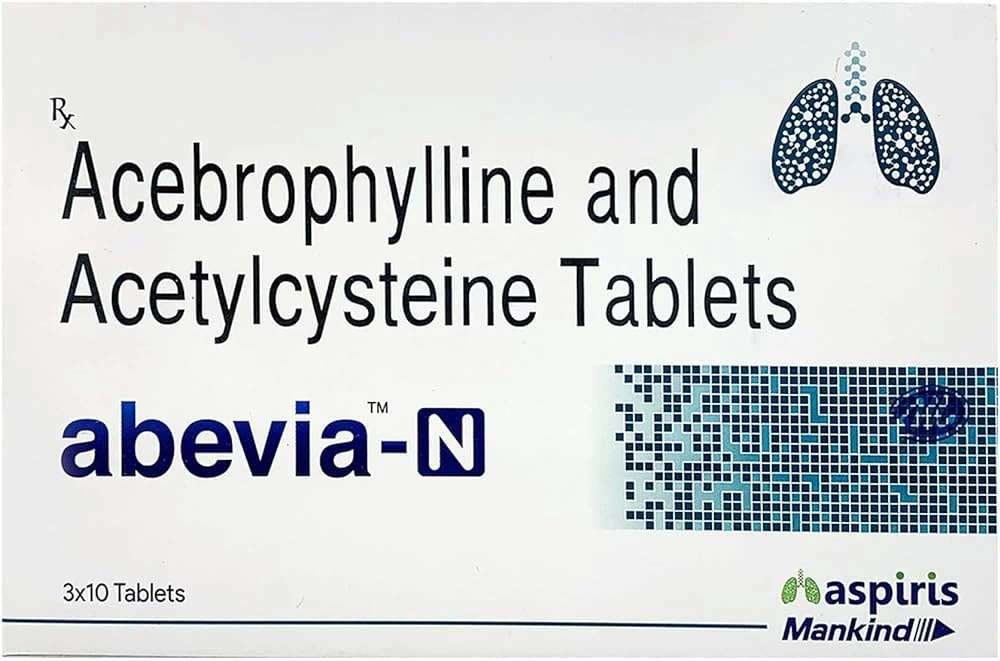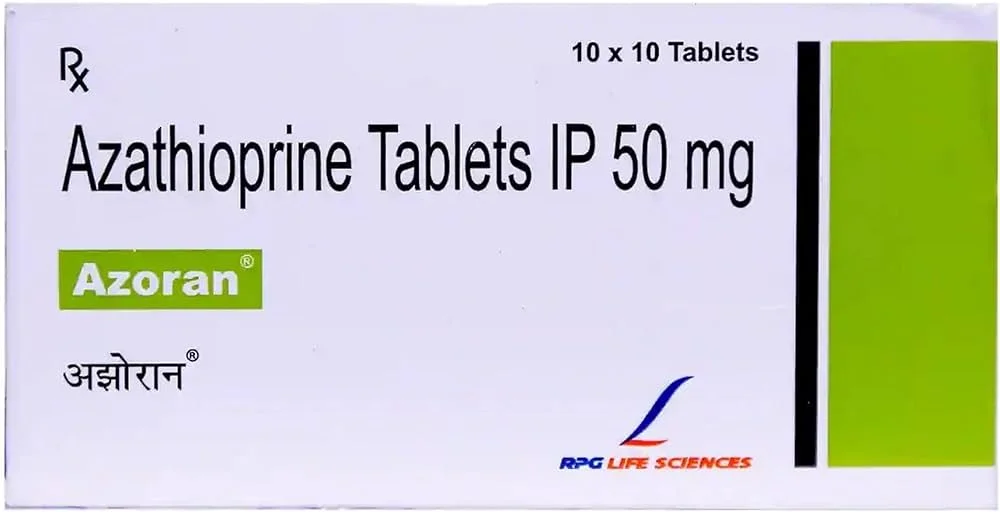Use:
Antiplatelet is one of a class of medicines known as blood thinners or antiplatelets. It helps to prevent dangerous blood clots from forming in the blood vessels, which can lead to heart attacks or strokes in people who have heart disease.
Indication:
It is also used to treat patients who have recently had a heart attack or severe chest pain, known as unstable angina pectoris, after having a stent placed in their heart. It helps prevent serious heart problems such as heart attack, stroke or blood clots in the stents in these patients.
Along with this medicine, your doctor will prescribe aspirin. Aspirin is another type of antiplatelet medicine. You can take aspirin with or without food, and it should be taken at the same time every day.
It is important to continue taking this medicine, even if you feel fine. Stopping it may increase your risk of heart attack or stroke.
Side Effects:
The most frequent side effect is bleeding. Bleeding can happen if you cut or hurt yourself. Bleeding is usually mild and usually stops on its own after a few days or weeks. Some people experience mild to moderate breathlessness after using this medicine, but this usually goes away with continued therapy. Tell your doctor if you still experience bleeding or if your breathlessness gets worse or stays the same.
Safety Advice:
This may not be suitable for some patients. Do not use this medicine if you have bleeding from any part of your body, such as an ulcer in your stomach or bleeding in your brain. This medicine should not be used by people with liver disease. Please consult your doctor before taking this medicine.

